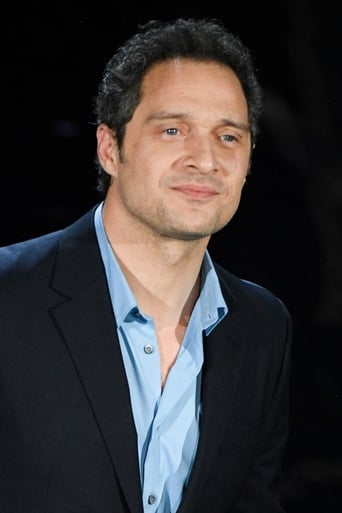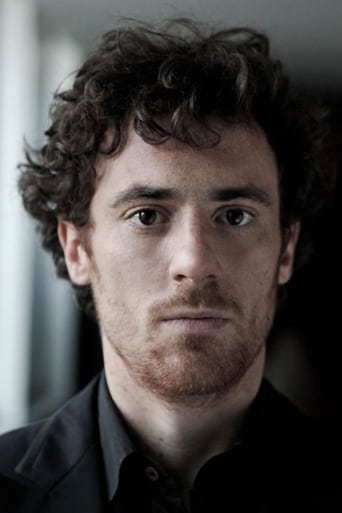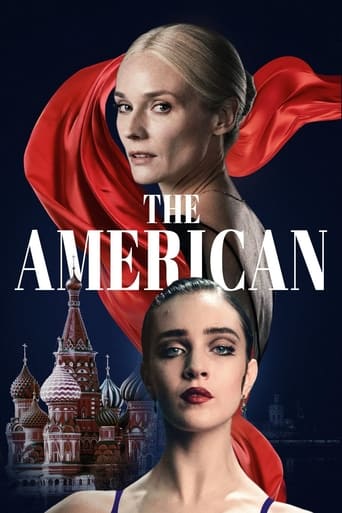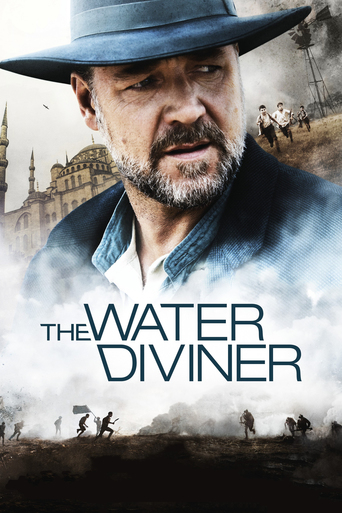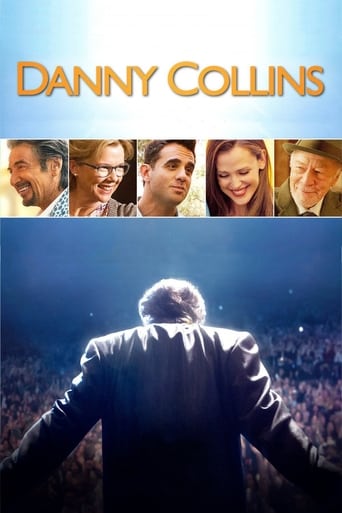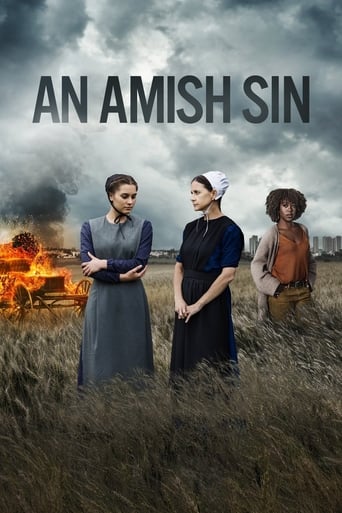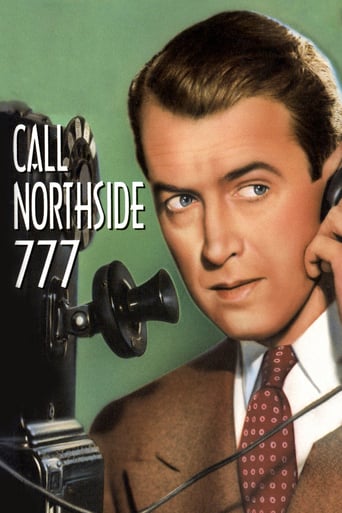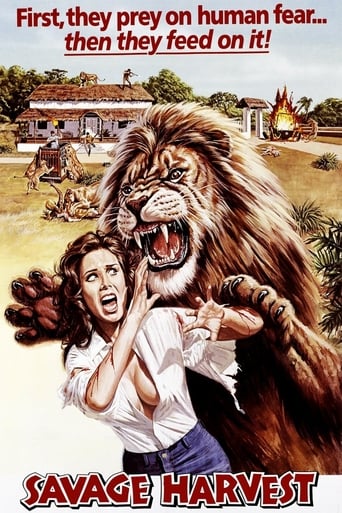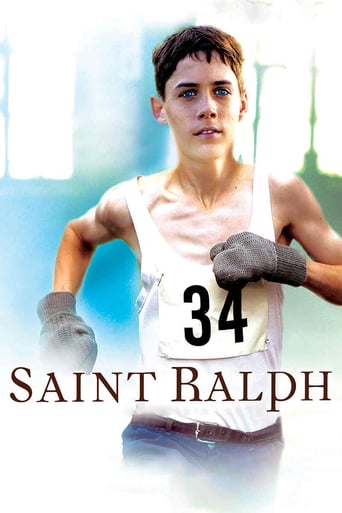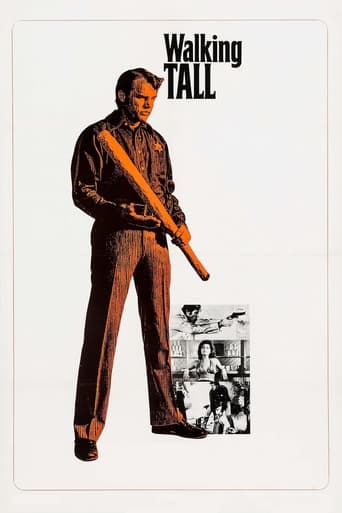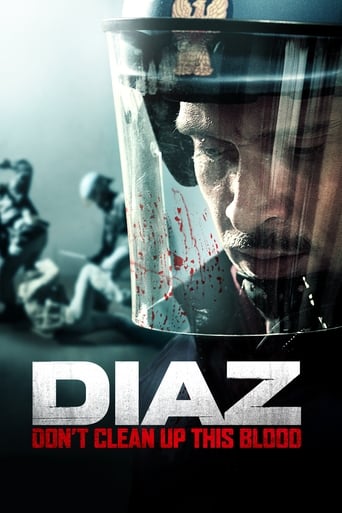
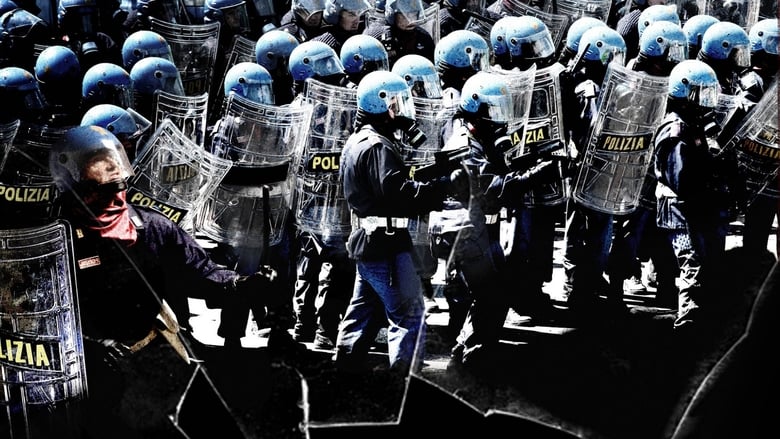
Diaz - Don't Clean Up This Blood (2012)
On July 19–21, 2001, over 200,000 people took to the streets of Genoa to protest against the ongoing G8 summit. Anti-globalization activists clashed with the police, with 23-year-old protester Carlo Giuliani shot dead after confronting a police vehicle. In the aftermath, the police organized a night raid on the Diaz high school, where around a hundred people between unarmed protesters—mostly students—and independent reporters who documented the police brutality during the protests had took shelter. What happened next was called by Amnesty International "the most serious breach of civil liberties in a democratic Western country since World War II."
Watch Trailer
Cast


Similar titles
Reviews
I just can't believe that even now, there are people like one reviewer on this page who are so nakedly towing the fascist party line on Genoa. The Diaz raid WAS as bad as this film makes out... at least, according to the severely injured and traumatized protesters, it was. And, call me crazy, but their take on the events matters a lot more to me than what some disconnected overseas film critic who wasn't even there has to say. Especially a critic who is more or less quoting the same anti-communist lines that the police in this film dispensed as they were beating people up...! That aside, I want to say that this film, while overlong and brutal, is extremely hard to stop watching because it is so heartfelt. I was 24 when these events happened and I was attending the equivalent actions in London. Being that we were all so connected to the global anti-globalization movement (if that's not a contradiction in terms?) my friends and I were among the first people outside of Genoa to hear about the events at Diaz. Back then, I assumed from the descriptions given by Indymedia that it was pretty awful (they described the blood on the floor and walls, as well as the fact that women and elderly people were beaten in their sleep). Even so, I still didn't grasp the full extent of the damage until I saw this re-enactment. What would have been a good addition to this film, though, would have been to show some of the aftermath, in which various countries pursued justice for their respective citizens and were rebuffed by the Italian authorities with what can only be described as fascist zeal. This left the rest of Europe shaken, I believe, in the same way that the abuse meted out by the police left the left activist scene shaken. It was also a telling moment in the anti-capitalist movement, because it demonstrated how little the values of the masses actually mattered to the elite.One interesting commentary that kind of sums the whole event up was made by Nick Davies of the Guardian, eight years after the fact. He wrote that, at Genoa, "the police acted as though somebody had promised them impunity". Since none of the assailants ever served time for their crimes, we can safely assume that that promise was upheld... and continues to do so. But by whom? I guess the answer lies is in the name of the entity whose summit the Genoa Social Forum was protesting against.
In Late April 2009, I got a call in London to come to Genova to meet several mystery guests who wanted to meet me and several of the other Diaz victims. I was coming anyway to see Dr Zucca (The Genova prosecutor) but I was intrigued to find out who the mystery guests were. I met Domenico Procacci and Daniele Vicari in Genova at the Via San Luca office (where the Diaz case is archived) in late May for a 'secret weekend meeting' after the Cannes Film Festival.At the time, I did not know who Procacci and Vicari were but I was told they were the best film producer and director in Italy and they wanted to make a movie of the raid on Diaz during the G8. I had seen Gomorrah, Procacci's mafia film and thought it was brilliant. Using this film as a comparison, I listened to what Domenico wanted to say to all of us present. Procacci explained to us that he had wanted to make a multi-million euro film about the raid for a long time but had been prevented because the trial process against the police.He was willing to risk a lot of money on the project and we could all see that Domenico and Daniele were committed to making the movie. I personally told them that whilst I had a lot of personal confidence, I thought the Diaz police would try and stop the project or the right ring politicians like Berlusconi or Fini my sue Fandango. I also told them that Diaz is still live court case and that they had to do a lot of research.After all of us from Diaz consulted with each other, we gave Domenico Procacci and Daniele Vicari permission to make the film. All of us were taking a risk allowing a production company like fandango access to the video evidence & photos and documents involved in the trial. However, we all felt that the story of the raid and what we had lived through had to be told to the rest of the world.What is unusual about the Diaz movie was that there was no script in existence, so Fandango commissioned Laura Paolucci to spend two years writing a script. The end result is a pulp fiction style film which is 80% true to the story of Diaz. Obviously, Vicari could not go into detail about the entire G8 which forms the backdrop for the beginning of the film but I think Vicari has done an almost perfect job of marrying together true events with a few high drama fictional characters.I think the combination of powerful high impact footage, recreated scenes and the chance of lifting the lift on the inside of the anti-globalization movement makes Diaz the movie a special film. The 2001 G8 was the biggest and worst riot in Europe in 60 years. To complete the film, Vicari has combined the usual high quality style of Italian film screening to capture this important moment of history, making it one of the best, most talked about and most controversial films to come out of Italy in 20 years.Only after the film had premiered in Berlin did I learn that Procacci had said that Diaz had been his most challenging and complicated film to make with Vicari in agreement.My story is played by an Italian actor Pietro Ragusa and my almost death is one of the penultimate scenes in the movie. Because I ran out of Diaz, I took the full force of Canterini's unit, the 7th Mobile heavy riot unit that had specially trained for the Genova G8 summit. Pietro's part is almost as it exactly happened and I am very happy despite the scene is one of the most harrowing.
Sometimes you see a movie about something was really happened. And you were there, at that time. And you don't want to forget. You want nobody will forget. I think this movie is well done, maybe not a real artistic masterpiece, but I don't think this was the target for the director. The real target was just to document real fact as they happened. And if facts were not really that way the director and the producer would surely have problems with law. No problems happened. Sadly, I would prefer to know that this film was fictional and the policemen did their job in the right and humane way. I would really like "Diaz" was just a fiction. But it is not. By the way, I'm from Genova and I was there at the time. Not inside Diaz school, fortunately.
Seriously. I walked out of it somewhat disorientated and still shaken. I saw 'Diaz - Don't clean up this Blood' about a month ago at its Berlinale Screening and it still haunts me. I could tell that most of the audience shared my feelings and some even left the cinema, because they couldn't bear what they were seeing. Nevertheless the applause was extraordinary. We have all seen our fair share of violence and cruelty in the movies. But this is a completely different pair of shoes. The non-fictional background of the film plot concerns me personally, both as a human being and as an European citizen. It's hard to imagine this happened ten years ago in a Western European country and yet it DID happen and it could - and probably will - happen again. That's why it is so important to deal with the topic of police violence instead of ignoring it or playing it down. The film crew and cast did a great job capturing the horror of this disastrous event. And that's what 'Diaz' mainly seems to be about: re-creating and contextualizing the occurred violations of human rights in 2001 in Italy as authentic and accurate as it can be done in a feature film. It obviously wants you to be shocked, but with good reasons: it describes shocking incidents, which should not be trivialized. If you do some research, you'll find out that the film indeed does not exaggerate anything. But it does NOT inform you about the political background, you have to inform yourself. And I think you will, after you've seen it.'Diaz' is not entirely flawless, but it could be a film of great significance, provided that it motivates the audience to read up on the subject.If you're interested in a less gripping, but much more informative approach on the matter, check out the documentary "The Summit" (2012).


